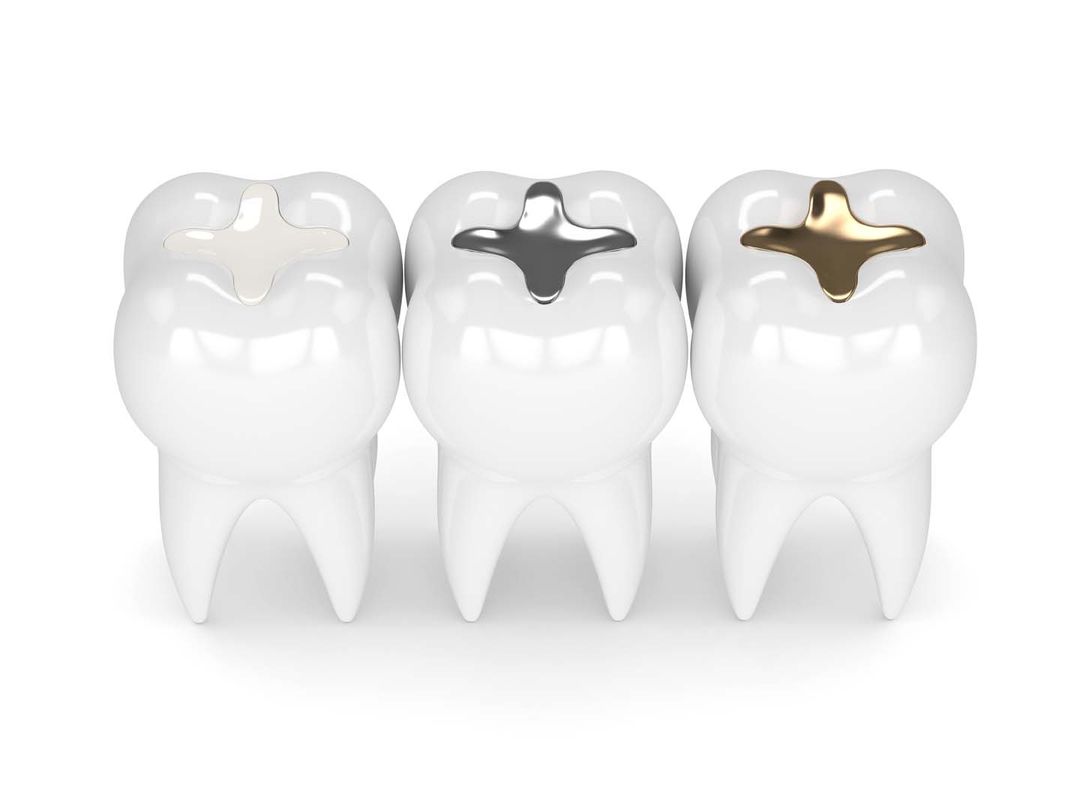

Proud Smiles: Expert Dental Fillings
At Proud Smiles in Sandy Springs, we are dedicated to providing top-quality dental care, including expert dental fillings, to patients in the Greater Atlanta area, including Buckhead and surrounding communities. Dr. Radha Patel and our team are committed to restoring your dental health and ensuring your smile is both healthy and beautiful.

What Are Dental Fillings?
Dental fillings are used to repair teeth that have been damaged by decay, fractures, or wear. They restore the tooth’s shape, function, and integrity, preventing further decay and ensuring you can chew and speak comfortably. At Proud Smiles, we offer a variety of filling materials, including composite resin, porcelain, and amalgam, to meet your specific needs and preferences.
Signs You Might Need a Dental Filling
If you experience any of the following symptoms, you may need a dental filling:
- Toothache or pain when chewing
- Sensitivity to hot, cold, or sweet foods and beverages
- Visible holes or dark spots on your teeth
- Chipped or fractured teeth
- Food getting stuck in certain areas of your teeth
It’s important to seek dental care promptly if you notice any of these signs to prevent further damage and more extensive treatments.
Types of Dental Fillings
Composite Fillings
Composite fillings are made of tooth-colored resin material, offering a natural appearance. They are ideal for front teeth or visible areas of the smile. Composite fillings bond directly to the tooth structure, providing added strength and durability.
Amalgam Fillings
Amalgam fillings, also known as silver fillings, are made from a mixture of metals, including silver, mercury, and tin. They are known for their strength and durability, making them suitable for back teeth where chewing pressure is greatest.
Porcelain Fillings
Porcelain fillings, also known as inlays or onlays, are custom-made in a dental lab and bonded to the tooth. They are highly durable and stain-resistant, providing a natural and aesthetically pleasing result.
Our Dental Filling Procedure
At Proud Smiles, we ensure that your dental filling procedure is comfortable and efficient. Here’s what you can expect:
- Initial Examination: Dr. Patel will perform a thorough examination, including X-rays, to assess the extent of the decay or damage.
- Local Anesthesia: We will administer local anesthesia to numb the area and ensure your comfort throughout the procedure.
- Removing Decay: Dr. Patel will remove the decayed or damaged portion of the tooth.
- Filling the Tooth: The cavity will be cleaned and filled with the chosen filling material. Composite fillings will be applied in layers and hardened with a special light, while amalgam and porcelain fillings are placed and shaped to fit the tooth.
- Final Adjustments: Dr. Patel will make any necessary adjustments to ensure the filling fits perfectly and your bite is comfortable.
Benefits of Dental Fillings at Proud Smiles
- Pain Relief: Fillings eliminate the discomfort caused by cavities and damaged teeth.
- Tooth Preservation: Fillings prevent further decay and save your natural teeth.
- Natural Appearance: Our composite and porcelain fillings blend seamlessly with your natural teeth.
- Durable Solutions: We use high-quality materials to ensure long-lasting results.
- Personalized Care: Dr. Patel and our team provide customized treatment plans tailored to your specific needs.
Why Choose Proud Smiles for Dental Fillings?
Expertise of Dr. Patel: With extensive experience and specialized training, Dr. Patel provides exceptional care tailored to each patient’s unique needs.
State-of-the-Art Technology: We use the latest dental technology and high-quality materials to ensure the best outcomes for our patients.
Personalized Care: Our team is committed to providing personalized, compassionate care in a comfortable and welcoming environment.
Convenient Location: Proud Smiles is conveniently located in Sandy Springs, easily accessible to patients from Atlanta, Buckhead, and nearby areas such as Dunwoody, Brookhaven, and Roswell.
Schedule Your Dental Filling Appointment Today
Don’t let cavities or tooth damage affect your smile. Schedule an appointment with Dr. Patel at Proud Smiles in Sandy Springs today. Our friendly staff is here to answer any questions and help you achieve a healthy, beautiful smile.
Accepting New Patients and Emergency Appointments Welcome!
Join our family at Proud Smiles.
We’re committed to providing compassionate, expert dental care in a welcoming environment. Schedule your appointment today and let us help you achieve the healthy, beautiful smile you deserve.
Before our calendar fills up!


